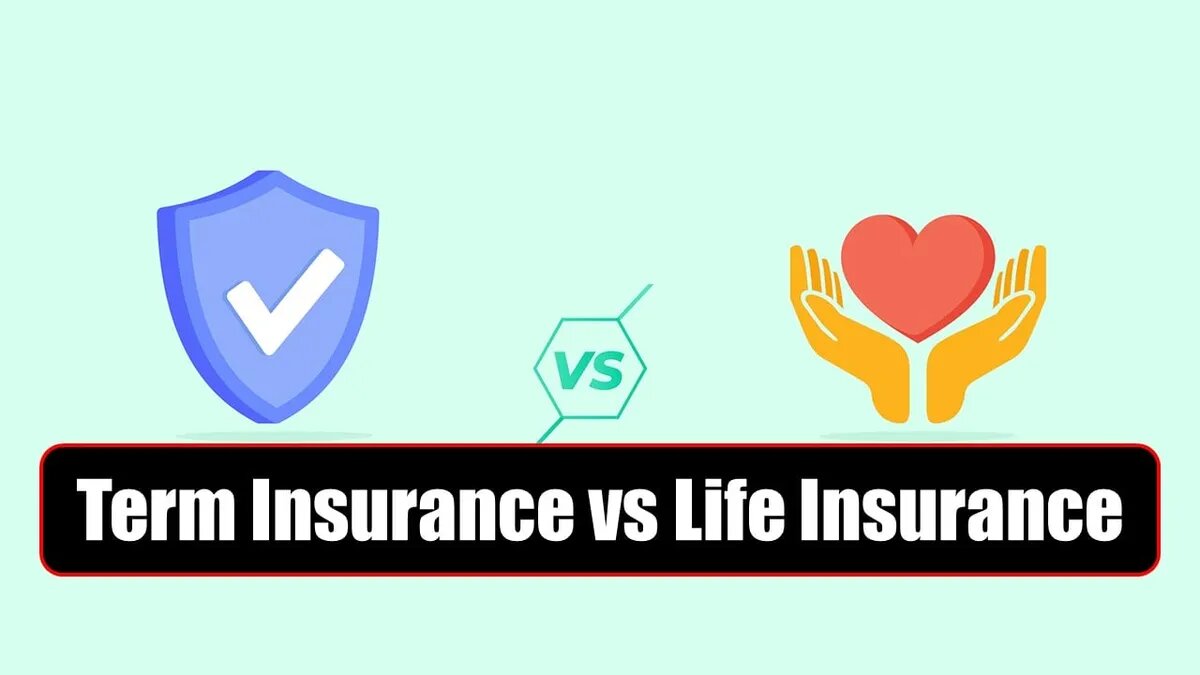Insurance
The Differences Between Term Insurance And Life Insurance

Life insurance policies not only help you build a long-term financial corpus for the future, but they also ensure that your family receives instant financial support if you die. There are two types of life insurance policies: term insurance and regular life insurance.
Here are the key distinctions between the two and which one you should include in your financial plan.
Term Insurance Plan:
Term insurance is one of the simplest and purest life insurance products. The family or nominee receives money only when the insured dies. No savings are included in term plans. Thus, they solely provide death payments and no survival benefits.
Many insurance companies offer riders like accidental death benefit and critical illness cover to expand coverage. One of the best things about term plans is their inexpensive premiums and extensive coverage. For a few thousand rupees, one can purchase a life cover of INR 1 crore.
Visit our best term life insurance plan study to learn more about market options.
What are the Different Types of Term Insurance Plans?
Term plans have basic features; however, they are varied in terms of premiums, sum assured coverage and riders.
Life Insurance Plan:
Life insurance policies provide considerable coverage for policyholders and their families. These insurance plans offer life cover and savings, making them more expensive than term plans.
One part of life insurance premiums goes to nominees’ death benefits, while the other to investing and saving. The best example is ULIP plans.
What are the Different Types of Life Insurance Plans?
Differences Between Term Insurance and Life Insurance
Bottom Line
Life and term insurance have advantages as well as disadvantages. Life insurance products offer lifetime coverage, variable premium payment arrangements, assured maturity benefits, and flexible income payout alternatives for a higher premium. Term plans, on the other hand, provide only death benefit at a low cost and affordable premium.
Choosing an insurance for your portfolio relies on your financial goals and family’s financial health.
For more information: ForbesAdvisor










